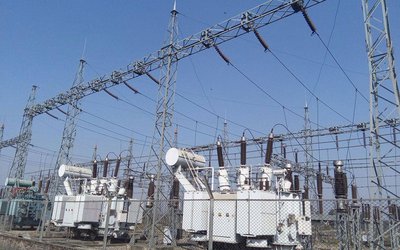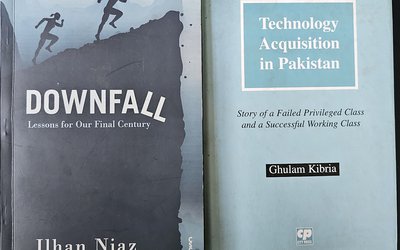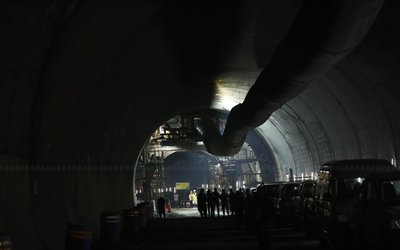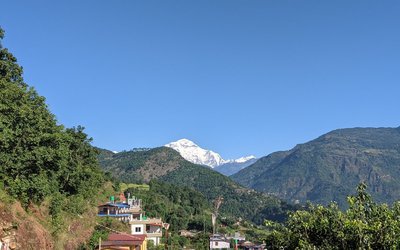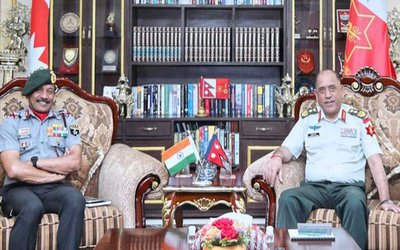When my uncle whispered the Gayatri Mantra into my ear some sixty years ago, I was told that it was only meant for Brahmins to recite. This restriction was not true in India even then and is not valid anymore in Nepal. Due to the impact of communication this message, though not understood by those ignorant of Sanskrit, is broadcast on radio and television for all to see and hear. It states primarily that we look to the sun for all power that emanates and take refute in it. The subsequently the development of man over the ages was initially on brute force and then with implements using animal, human, mechanical and electrical to obtain power and get the work done.
Nepal has over the ages been said to be a ‘Krishi Pradhan Desh’ where ‘Nepal ko Dhan, Hariyo Ban’ is the baseline and the reality. Both of these sayings are still valid but the country is in a sorry state. Fields lie fallow and where there should be trees, only stumps remain especially in the Terai areas. How has all this come about?
This is due to the fact we Nepalis have learnt to ‘Turn a blind eye’, just like British Admiral Horatio Nelson did at the naval battle of Copenhagan in 1801 when he was attacking the Danish navy. Being ordered by his superior to stop fighting, Nelson is said to have put his telescope to his blind eye and uttered that he did not see any flag message, and went on to win the war.
After the Jana Andolan I, the National Planning Commission had decided some twenty five years ago that to create jobs quickly and make the country self-reliant it was necessary to give a boost to the agricultural sector. The existing situation is that from being a rice exporting country, albeit little, we are now, almost totally, importing everything that we need. Some are essential items but many are such we could do without.
The worrying point is that we did at some time in the past export rice and timber from Nepal. Now, because of the population rise we are a major Manpower Exporting Country to India, Malaysia, and Gulf and even to some little known countries such as Djibouti and Eretria too. True this is a tradition from the past when our Nepalis joined either the British or Indian Gurkhas and a small percentage became migrants looking for work. To put it frankly we are a Nation of Migrants or ‘lahures’.
The latest figures from the Ministry of Finance show that as usual our imports are up and our exports are down, has been going on for some years. I remember there was a time when some industries set up during the Rana or the Panchayat Raj produced to a large extent our requirements of some essentials such as soap, biscuits, matches and shoes. Now because of the better living standards, larger demand and greater purchasing power, the clamour is for better produced products. Sadly our industrialists have not been able to rise to the occasion and had it not been for the myriad well made items imported from China we would have been in the dumps. Whose fault is it? Is it due to the lack of energy to run the machines? Is it due to the fact that suitable manpower which should be within the country is no longer available as it is abroad? Is it due to the Unions which are always looking for reasons to go on strike? Is it due to the political party cadres and the climate of uncertainties that seems to invite bandhs at the least provocation? Will there ever be acceptance of the concept of ‘No work, no pay’ on a countrywide basis as this seems to be the only answer?
The keeping of seeds for next year’s crop is no longer an out-dated proposition. Some agriculturists in this country have occasionally voiced the news that some ‘foreigners’ under the guise of NGOs have been taking away the ‘germ plasmas’ of various plant species and developing these as hybrids in foreign lands for the exporting back to us! The recent fiasco of the Monsanto hybrid maize seeds in Nepal is still fresh in our minds. Some years ago we read in new-papers about how basmati rice was became Texamati rice in the USA. We hear too that artificially changed e.g. plants of neem are in process of being patented. Is this correct? Is this just?
The fact to remember is that if scientific developments such as the hybridization of seeds and tissue culture process had not taken place, there would have been no agricultural or green revolution. Many in our part of the world would have experienced a repeat of the Great Bengal Famine of 1943. Many Nepali lives would have been lost. The question is whether to live in this topsy-turvy world of relative hardship but with something or exist in an atmosphere of poverty and hunger and die. Now, with the opening of newer roads / tracks, market access is much easier. Sadly a similar expansion of irrigation network has not expanded in newer areas. This is a priority to help farmers and make farming a profitable enterprise.
The salvation for us Nepalis is the hope that our migrant labour which has gone to foreign land will return with fresh vigour and ingenuity to develop this country of ours into an agriculture based nation utilising the techniques that our citizens have learnt in foreign land and will put these into use here in Nepal. The existing arable land, with adequate technical and perhaps subsidy support to our small and professional farming community can achieve much and make the country self sufficient in many areas of food production and animal husbandry. That is not much to ask for.

Hemang Dixit
The author writes fiction under the name of Mani Dixit. Website: www.hdixit.org.np. Twitter: @manidixithd
- Top Heavy
- Sep 20, 2023
- Most Able?
- Sep 04, 2023
- Changing Times
- Aug 21, 2023
- Nepali Shenanigans
- Aug 03, 2023
- Budget Naataks
- Jun 29, 2023





